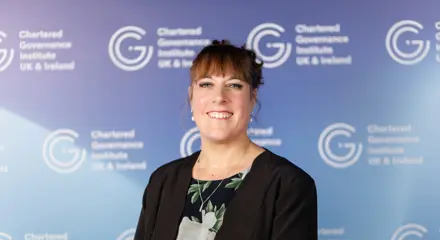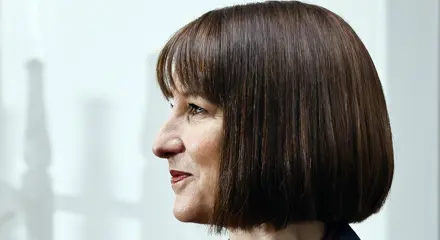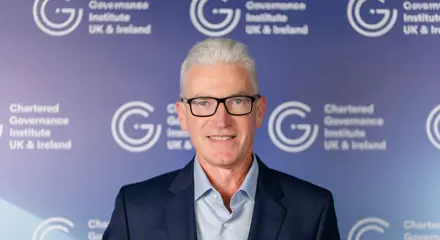



Blog
Budget 2025: Key considerations for governance professionals
Budget 2025 arrives at a moment of economic uncertainty and shifting expectations for public bodies and businesses alike. The Chancellor’s announcements will carry significant implications for governance, accountability and organisational resilience.

Blog
Comment: "Why becoming Chartered was the most important step in my career"
Ruairí Cosgrove FCG, President of CGIUKI, explains why becoming Chartered was the defining step in their career. From law and strategy to ethics and communication, the qualification opens doors to influential, purpose-driven roles across sectors.

Blog
Are the rules of governance different in media organisations?
Governance in media organisations faces intense pressures where trust, editorial independence and political influence collide. From the BBC’s recent turmoil to Fox News’s costly settlement, boards across the sector are under scrutiny as they navigate a landscape where governance principles come under the spotlight.

Blog
Comment: "Governance gatherings are pivotal to professional growth"
With governance under pressure from rapid change and rising risk, the CGI Scotland Conference 2025 offers a space for professionals to connect, collaborate and stay ahead. In this comment piece, Gary Gray FCG explores how convening across sectors strengthens resilience and why community is now central to governance excellence.

Blog
What the Captain Tom case teaches us about governance and trust
The Charity Commission’s inquiry into the Captain Tom Foundation exposed repeated misconduct and mismanagement by Hannah and Colin Ingram‑Moore. Its report cited failures in conflict management, oversight and intellectual property arrangements, offering stark lessons for boards on independence and transparency.

Blog
Comment: "Ethical leadership needs company secretaries who do more than manage process"
Peter Ho FCG urges company secretaries to step up as strategic partners in ethical leadership, helping boards move beyond process to build integrity, challenge blind spots, and prepare for complex governance challenges.

Blog
From the CEO: It is an immense privilege to begin my role as your new Chief Executive
I join at a moment of both challenge and opportunity for our profession. That is why our membership survey is so important. It gives us the evidence to shape strategy, measure impact, and decide what we should start, stop or strengthen.

Blog
Comment: "My role in advancing Agentic AI initiatives at Citi"
In this comment piece, Harmeen Birk, former AI Strategy Lead at Citi, explores the transformative impact of agentic AI in financial services. With Citi now piloting the technology across 5,000 employees, Birk reflects on how autonomous systems are reshaping operational capacity, governance, and risk frameworks.

